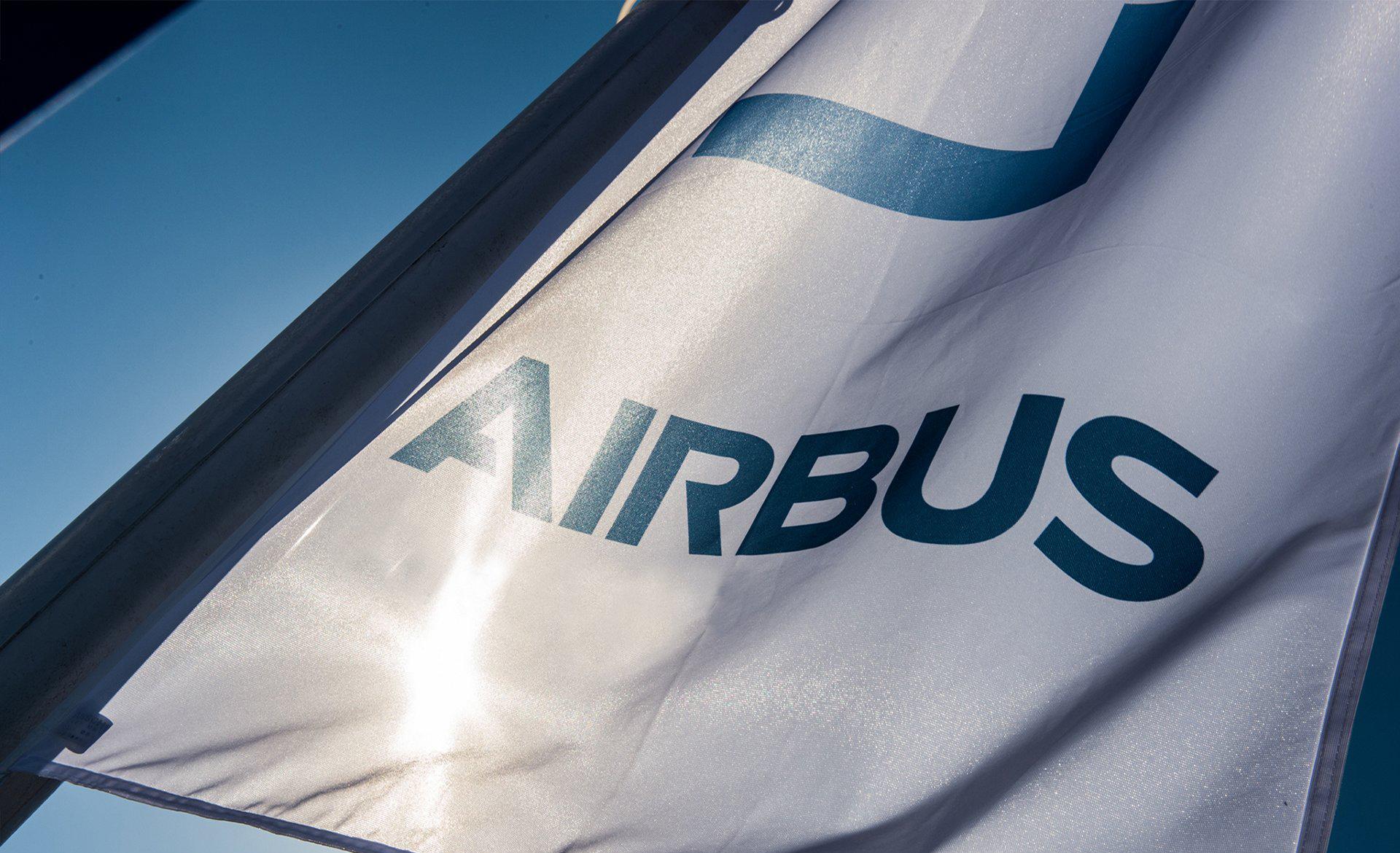
Credit: Airbus
FRANKFURT–Airbus could see its narrowbody production being disrupted “at short notice” as German union IG Metall is preparing for so-called “warning strikes” in the escalating dispute over the future of aerostructures subsidiary Premium Aerotec. “We are nearing a major conflict,” said Daniel...
Subscription Required
This content requires a subscription to one of the Aviation Week Intelligence Network (AWIN) bundles.
Schedule a demo today to find out how you can access this content and similar content related to your area of the global aviation industry.
Already an AWIN subscriber? Login
Did you know? Aviation Week has won top honors multiple times in the Jesse H. Neal National Business Journalism Awards, the business-to-business media equivalent of the Pulitzer Prizes.

